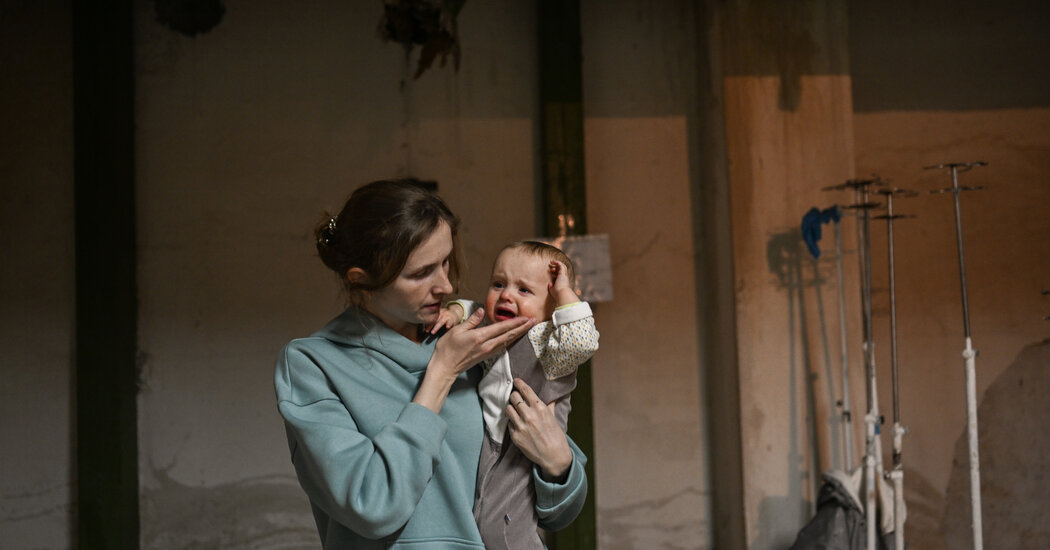Readers praise the heroism of the Ukrainian people but worry about damage to civilian infrastructure and the need for humanitarian aid.
To the Editor:
Re “As War Grinds Into 5th Day, Kremlin Starts Hitting Harder” (news analysis, front page, March 1):
Amazing things are happening in Ukraine. The Russian juggernaut seems to be faltering.
The heroically stiff resistance of the Ukrainian people and the unified reaction of the world have demonstrated to Russian elites that Vladimir Putin may have made a mistake.
Already, Mikhail Fridman and Oleg Deripaska — two of Russia’s top oligarchs — called for peace in Ukraine in defiance of Mr. Putin’s orders. I hope that other oligarchs, bureaucrats and generals will realize that it is time to distance themselves from Mr. Putin and a losing cause, and pledge to adhere to international law.
The Biden administration can accelerate this process by making it very clear that any war crime, such as bombardment of residential areas, will be prosecuted in the international war tribunal. This will help to deter Russian military personnel from following illegal orders.
There is still a brutal war raging in Ukraine, but an optimistic scenario of how it may end can now be imagined.
Maxim Lyubovsky
Falls Church, Va.
The writer is the author of “The Russia That We Have Preserved.”
To the Editor:
Re “Rocket Assaults Kill Civilians in Ukraine as Tightening Sanctions Isolate Moscow” (front page, March 1):
The explosive weapons attacks that are killing and severely injuring Ukrainian civilians are attracting much media attention. Whenever explosive weapons are deployed in war, civilians are likely to be killed and severely injured, even when they are not targeted.
But most civilian deaths in war result indirectly from damage to civilian infrastructure, resulting in reduced access to food, safe water, medical care, electric power, communication and transportation. Civilians become ill and die from diseases, malnutrition, and maternal and neonatal disorders. At especially high risk are mothers and young children, people with disabilities and older people.
It is critically important that steps be taken now to protect civilians and critical elements of civilian infrastructure, and to deliver humanitarian assistance to those in need.
Barry S. Levy
Sherborn, Mass.
The writer, a physician, is a past president of the American Public Health Association and an adjunct professor at Tufts University School of Medicine. He is author of the forthcoming book “From Horror to Hope,” about the health effects of war.


























